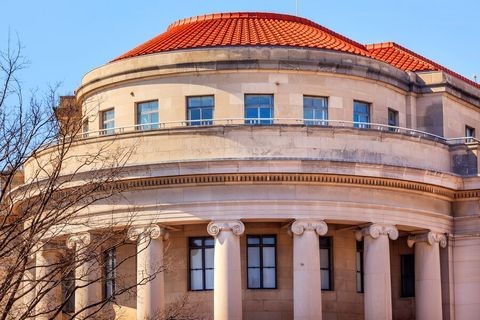Class Action Alleging XRP is a Security Survives Critical Motion to Dismiss
Client Alert | 1 min read | 03.02.20
On February 26, 2020, Ripple Labs, Inc., et al., received a major setback in its class action defense against plaintiff’s claims that, among other things, Ripple’s issuance of XRP constitutes an unregistered offer and sale of securities in violation of Section 12(a)(1) of the Securities Act. In an order granting in part and denying in part Ripple’s motion to dismiss, Judge Phyllis J. Hamilton of the U.S. District Court for the Northern District of California, made several significant findings and held that plaintiff’s claims were not time barred by Title 15 U.S.C. § 77(m)’s three-year statute of repose.1
Specifically, in a win for the defense, the court adopted the so called “first-offered rule” under which the three-year statute of repose begins to run when the first bona fide offer of the security is made.
The court then analyzed the record to ascertain when defendant’s first bona fide public offer to sell XRP was made, i.e., when the statute of repose began to run. The court determined that although the record shows that Ripple sold XRP as early as 2013, the record does not show that defendants targeted the general public. In other words, the court was unable to discern whether the sales were private placements or a result of a bona fide public offering and therefore sided with the plaintiffs.
While Ripple was dealt a blow, all hope is not lost for Ripple against the plaintiffs. Judge Hamilton made clear that he is reserving his right to revisit his decision on the statute of repose “once the parties have developed a factual record.”
1 A statute of limitation, like a statute of repose, limits a plaintiff’s ability to file a lawsuit based on timing. While a statute of limitations sets a lawsuit-filing time limit based on when the potential plaintiff suffered harm, a statute of repose sets a deadline based on the mere passage of time or the occurrence of a certain event that doesn't itself cause harm or give rise to a potential lawsuit. Section 12(a)(1) of the Securities Act is subject to a one-year statute of limitation and a three-year statute of repose. Title 15 U.S.C. § 77(m).
Insights
Client Alert | 11 min read | 05.17.24
FTC Finalizes Modifications to Broaden the Applicability of the Health Breach Notification Rule
On April 26, 2024, the Federal Trade Commission (“FTC”) announced a final rule (“Final Rule”) modifying the Health Breach Notification Rule (“HBNR”). The Final Rule, which largely finalizes changes proposed in a Notice of Proposed Rulemaking published last year (“2023 NPRM”), broadens the scope of entities subject to the HBNR, including many mobile health applications (“apps”) and similar technologies, and clarifies that breaches subject to the HBNR include not only cybersecurity intrusions but also unauthorized disclosures, even those that are voluntary. The Final Rule will take effect 60 days after its publication in the Federal Register.
Client Alert | 5 min read | 05.16.24
CMS Finalizes Contested Rule on Nursing Home Staffing and Facility Assessments
Client Alert | 3 min read | 05.15.24
Client Alert | 3 min read | 05.14.24


